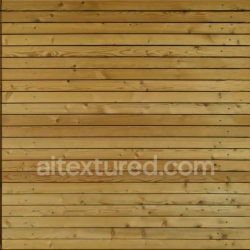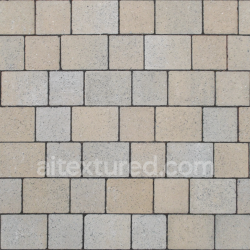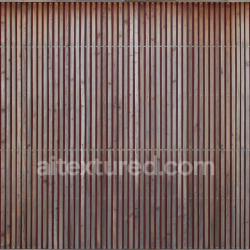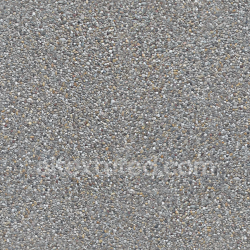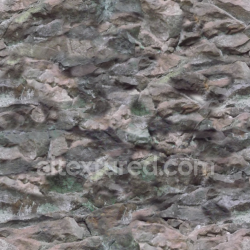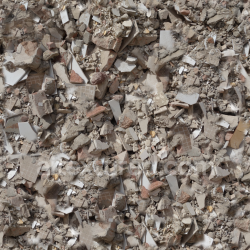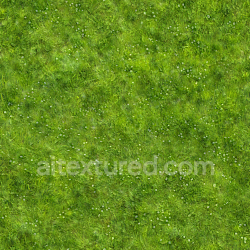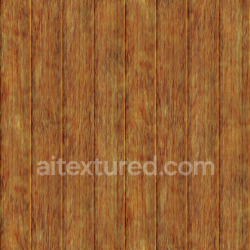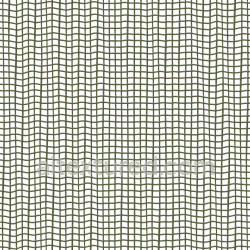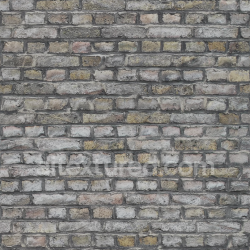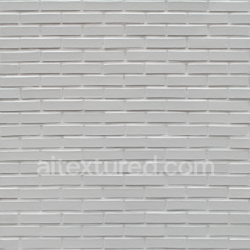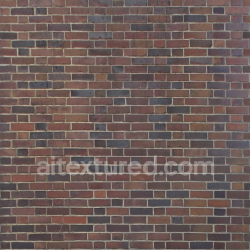Plastic Seamless Textures – Complete PBR Guide for 3D, Architecture and Games

Plastic Textures are one of the most universal categories in 3D design. Plastic surrounds us in everyday life: from packaging and furniture to electronics, toys, and industrial components. In digital design, seamless PBR plastic textures allow artists to reproduce this versatility with high realism. At AITEXTURED.com, you will find a wide collection of free seamless plastic textures ready for Blender, Unreal Engine, Unity, Maya, 3ds Max, Cinema 4D, and other professional pipelines.
🔹 Why Plastic Textures Matter
Plastic is a highly adaptable material, existing in countless variations: matte, glossy, transparent, colored, recycled, or industrial. Unlike natural categories like wood or stone, plastics provide flexibility for stylized, futuristic, and manufactured designs. Seamless textures make it possible to cover large surfaces without visible repetition, keeping projects optimized.
🧩 Types of Plastic Textures
- Glossy Plastic: polished surfaces often used in toys, packaging, and electronics.
- Matte Plastic: smooth non-reflective surfaces common in industrial design, furniture, and household goods.
- Transparent Plastic: bottles, containers, and protective sheets often combined with glass.
- Textured Plastic: rough surfaces used in tools, cases, or car interiors.
- Recycled Plastic: irregular patterns with colorful fragments, ideal for eco-friendly design.
- Technical & Industrial Plastic: durable materials used in machines, construction, and protective gear.
💡 Applications of Plastic Textures
Game Development
Seamless plastic textures are used for a wide range of assets. Glossy plastics create stylized props, toys, and sci-fi panels. Matte plastic appears in weapons, electronics, and UI elements. Industrial plastics combine with metal or rubber to build futuristic environments.
Architectural Visualization
Plastic is important in modern interiors and exteriors. Chairs, tables, decorative panels, and lamps often use plastic surfaces. Transparent plastic sheets are used in lightweight constructions alongside glass and concrete. Matte plastic surfaces bring minimalist design aesthetics to offices and residential projects.
VFX & Animation
In film and animation, plastic textures help create realistic props, futuristic devices, and stylized environments. Toys, containers, helmets, and sci-fi armor often rely on plastic’s adaptability. Foam packaging and recycled plastics are used in background details for realism.
Product Design & Advertising
Plastic dominates product visualization. From phone cases to bottles and packaging, realistic textures are essential. Transparent and glossy plastics are especially important for promotional renders where surface reflection enhances visual appeal.
📐 Technical Features of Plastic Textures
All textures in the Plastic category are seamless and optimized for PBR workflows:
- Resolution: available in 1K, 2K, and 4K for real-time or cinematic use.
- Albedo: defines base color and subtle variations.
- Normal Map: adds fine surface depth and imperfections.
- Roughness: controls reflectivity – from glossy toy-like finishes to rough technical surfaces.
- Displacement: optional maps for deeper grooves and embossed textures.
🚧 Common Mistakes with Plastic Textures
- Using only color maps without roughness or normals – resulting in flat, unrealistic surfaces.
- Scaling errors – texture too big or too small compared to real-world proportions.
- Over-glossy materials – not all plastic is polished; some are matte or textured.
- Ignoring scratches and imperfections – real-world plastics are rarely flawless.
🌍 Combining Plastic with Other Materials
Plastic often interacts with other categories:
- Metal – electronics, industrial props, sci-fi panels.
- Rubber – automotive interiors, tools, and protective gear.
- Glass – bottles, containers, transparent panels.
- Foam – packaging and protection materials.
- Patterns – decorative plastics with embossed or perforated design.
🔬 Advanced Workflows
Professional artists often extend plastic textures with custom workflows:
- Procedural Shaders: adding fingerprints, dust, and micro-scratches for realism.
- Decals: stickers, labels, and branding layered on plastic surfaces.
- Channel Packing: optimizing textures for real-time engines.
- Stylization: adjusting roughness and albedo to create cartoon or futuristic looks.
📊 Optimization Tips
Plastic often covers everyday objects in large numbers, so optimization is critical:
- Use 4K maps only for close-up hero assets.
- Stick to 1K–2K for small props and background objects.
- Apply LODs in real-time environments to save performance.
- Blend textures procedurally to avoid visible tiling.
🔮 Future of Plastic Textures
With sustainability trends, recycled plastics and biodegradable variations are increasingly relevant in design. AI-generated textures will make it possible to simulate endless plastic variations, from futuristic neon panels to realistic weathered toys. Procedural shaders in Blender, Unreal, and Unity already allow artists to dynamically adjust transparency, reflectivity, and imperfections, ensuring flexibility for both photorealistic and stylized projects.
✅ Conclusion
The Plastic Textures section at AITEXTURED is an essential resource for 3D artists, architects, and designers. Covering glossy, matte, transparent, and industrial plastics, it provides the flexibility needed for modern projects across games, architecture, VFX, and product design. With seamless tiling and full PBR support, plastic textures are a must-have category in any professional texture library. Download them for free and expand your creative possibilities.
